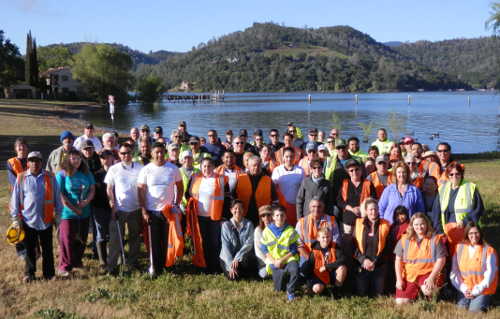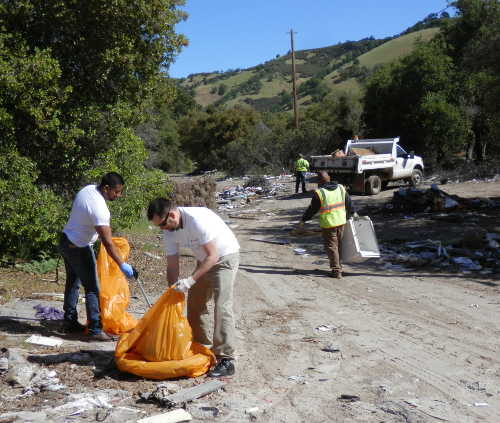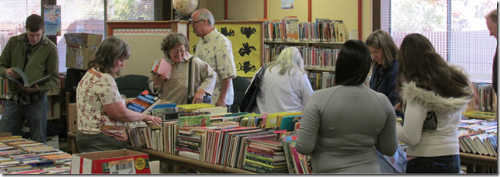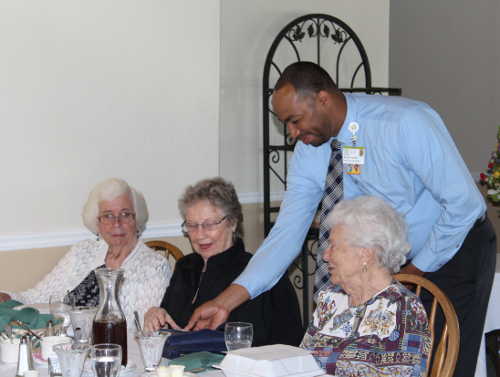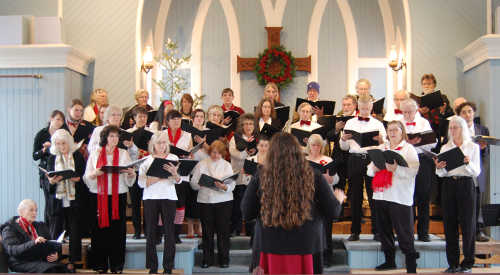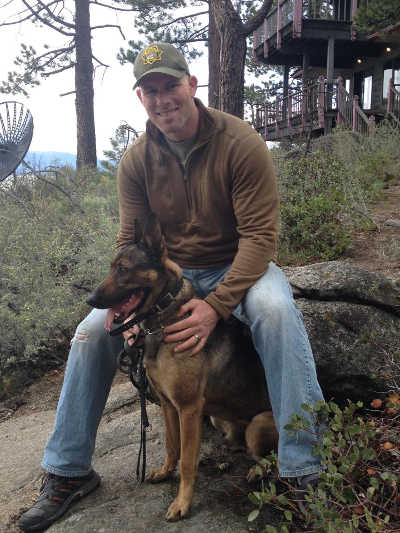- DENNIS FORDHAM
- Posted On
Estate Planning: Unforeseen and unintended estate planning mishaps
Many estate planning scenarios exist where unforeseen, unintended and detrimental outcomes can be the result.
These scenarios can arise out of ignorance or neglect.
An often overlooked but important estate planning contingency is naming alternative death beneficiaries to inherit if the primary beneficiary is deceased.
With life insurance, annuities and retirement plans this means a properly completed designation of death beneficiary form.
The death beneficiary form – and not one's will – controls who inherits such non probate assets. Many people often just name their spouse as primary beneficiary and neglect to name alternative beneficiaries.
Even when alternative beneficiaries are named, however, what happens if a named alternative beneficiary is deceased?
Sometimes the gift reverts to the deceased participant's estate where it passes according to the decedent's will, if any, and may trigger a costly probate. Without a will, this can also result in assets passing to unintended heirs.
In California, community property earnings are often used to purchase or to fund life insurance, annuities and retirement plans.
Thus, the participant (owner) spouse then needs the consent of the other spouse to name any beneficiary other than the participant's own spouse.
After the nonparticipant spouse dies, changes to the designation of death beneficiary form of assets owned by the surviving spouse as the participant may only be partially effective. That is unless the deceased spouse's will authorizes the surviving spouse to make such changes.
Another mistake is not updating one's will or trust after getting married. The law otherwise presumes the new spouse to be an inadvertently omitted spouse. An omitted spouse is entitled to claim a share of the decedent's estate (one-third to one-half of the decedent's estate).
Also, when naming an adult child to settle one’s estate, is he or she really equal to the task? What kind of relationship does he or she have with his or her siblings? Will being in charge of settling the estate detrimentally affect that person's relationship with the other family members? Will he or she act properly?
Another problem is when minors inherit assets: Minors cannot receive title. When retirement accounts and real properties are involved, a court appointed guardian will be needed to manage the minor's estate.
Guardianships can be avoided by having the inheritances of any minors held in further trust for their benefit.
Dependent adult children who receive support from their parents still need protection when the parent becomes incapacitated or dies.
The parent's power of attorney and trust can authorize to the agent and successor trustee to continue to support the dependent children while the parent is incapacitated and perhaps receiving care and treatment at a hospital or nursing home.
That might include allowing the dependent child to remain in the parent's home and to receive assistance with the expenses.
Pets should also be considered. Pet owners will want to authorize their agent to pay for their pet’s care and veterinary expenses when the owner is disabled.
They can include instructions to place the pet, either to a specific home or with a no kill shelter. In addition, pet trusts are a way to leave money for the continuing care of the pet with their new owner.
Young adults need their own powers of attorney, advance health care directives, and confidential medical information release forms in case they become incapacitated.
Otherwise, if they become incapacitated, their family will not be able to act on their behalf without expensive court intervention.
The foregoing illustrates some, by no means all, of the risks associated with not acting proactively when it comes to estate planning.
Getting one’s affairs in order now, when there is no compelling need to act, is a wise course of action.
Dennis A. Fordham, Attorney, is a State Bar-Certified Specialist in estate planning, probate and trust law. His office is at 870 S. Main St., Lakeport, Calif. He can be reached at This email address is being protected from spambots. You need JavaScript enabled to view it. and 707-263-3235. His Web site is www.DennisFordhamLaw.com .

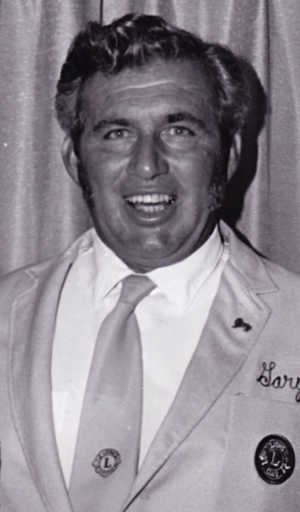

 CLEARLAKE, Calif. – The works of nearly 200 volunteers resulted in tons of garbage being picked up during the annual Clearlake Cleanup Day.
CLEARLAKE, Calif. – The works of nearly 200 volunteers resulted in tons of garbage being picked up during the annual Clearlake Cleanup Day.